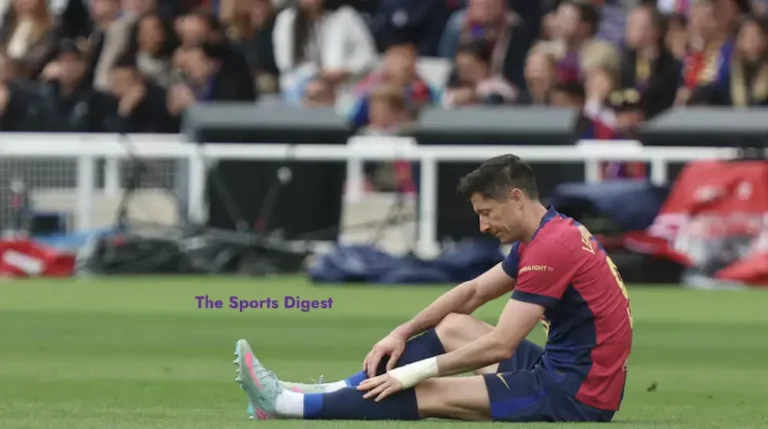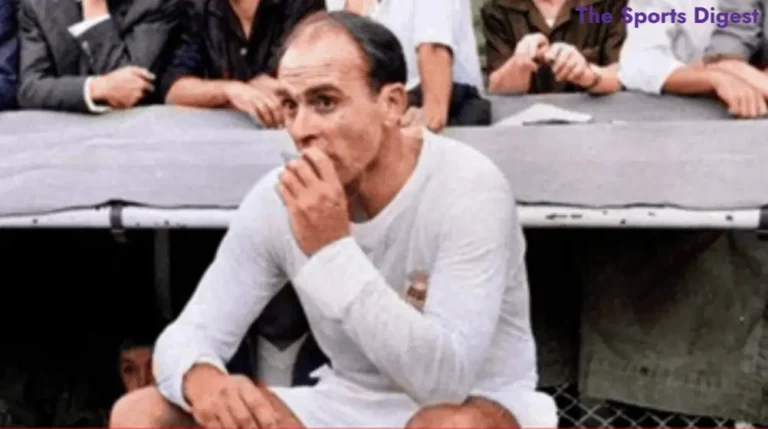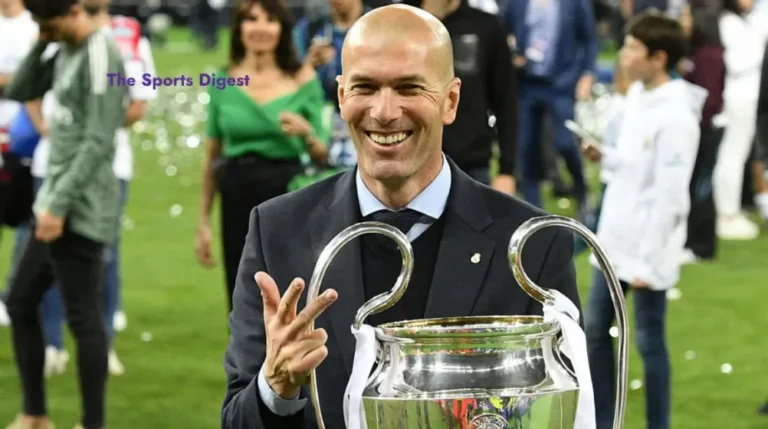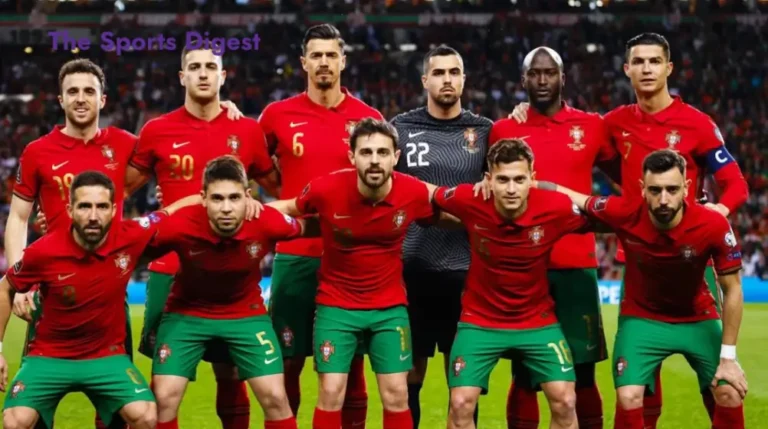Ipswich Town’s Brutal 1981 Treble Quest
East Anglia, with its flat landscapes and agricultural heritage, isn’t the first place that springs to mind when discussing English football powerhouses. Yet this modest region has produced two clubs that have consistently defied expectations: Norwich City and Ipswich Town. While cities like Manchester, Liverpool, and London dominated the football landscape with their resources and populations, these East Anglian outfits repeatedly “punched above their weight.”
Though Norwich City would later enjoy their moments of glory, including UEFA Cup campaigns in the 1990s, it was Ipswich Town that achieved the greater success. Their remarkable story reaches its zenith in the 1980/81 season – a campaign that would test the limits of human endurance and showcase the tactical brilliance of one of England’s greatest managers.
Table of Contents
Ipswich Town: Foundations of Success – The Alf Ramsey Legacy
Ipswich Town‘s rise to prominence began with the appointment of Alf Ramsey in 1955. At the time, the club was languishing in the Third Division (South). Ramsey, a player known for his tactical acumen, replaced Scott Duncan and immediately dismissed the player-manager role, focusing solely on management – likely viewing Ipswich Town as a stepping stone in his career.
What followed was nothing short of remarkable. Under Ramsey’s guidance, Ipswich Town secured promotion to the Second Division as champions, then promptly won the Second Division title to reach the top flight. The crowning achievement came in their very first season in the First Division (1961/62), when against all odds, they became champions of England – a fairytale that defied logic and established credentials.
Ramsey’s success earned him the England job in 1963, and in his absence, Ipswich’s fortunes fluctuated as they bumped between the First and Second tiers. The foundations, however, had been laid for another visionary to build upon.
Ipswich Town: Enter Bobby Robson – Building Towards Glory
January 1969 marked the beginning of a new era at Portman Road with the arrival of Bobby Robson. The young manager embarked on a decade-long project, methodically building Ipswich Town into a competitive force. His approach bore fruit in 1978 when Ipswich defeated Arsenal to lift the FA Cup, but this was merely a stepping stone.
By the late 1970s, Robson had established Ipswich as regular top-five finishers, genuinely challenging the established order. The 6-0 demolition of Manchester United in 1979/80 served notice of their capabilities. Yet the question remained: could Robson elevate his team from impressive outsiders to genuine title contenders, capable of dethroning Bob Paisley’s dominant Liverpool?
The 1980/81 Season Begins: Taking on the Liverpool Juggernaut
Following a strong third-place finish in 1979/80 (behind Liverpool and Manchester United), expectations were high at Portman Road. Liverpool’s dominance was undeniable – four of the previous five league titles had gone to Anfield, where Paisley had assembled a formidable squad featuring Kenny Dalglish, Graeme Souness, and Alan Hansen. Breaking this stranglehold would require something special.
Ipswich Town: Robson’s Formidable Suffolk Squad
What made Ipswich’s challenge remarkable was the squad Robson had carefully constructed in this modest Suffolk town. Between the posts stood Paul Cooper, renowned for his penalty-saving abilities. The defense boasted international quality with George Burley, Terry Butcher, captain Mick Mills, and Russell Osman forming a resolute barrier.
In midfield, Robson demonstrated his progressive thinking, bucking the insular trends of English football by signing Dutch duo Arnold Muhren and Frans Thijssen from FC Twente. Their technical brilliance was complemented perfectly by John Wark, who provided British grit alongside a phenomenal goalscoring record from midfield positions.
Up front, Eric Gates, Paul Mariner, and Alan Brazil offered international pedigree and varied attacking threats. While lacking Liverpool’s depth, this internationally experienced squad generated cautious optimism as they prepared for a league campaign alongside UEFA Cup commitments.
Ipswich Town: Strong Starts and Growing Belief
The season began with tempered expectations against Leicester City, but early results exceeded all hopes. Ipswich won seven of their first eight league matches, establishing a four-point lead over Liverpool, Everton, and Aston Villa (in an era when wins earned just two points). John Wark was finding the net with impressive regularity, marking himself as a midfielder with a striker’s instinct.
Balancing European and Domestic Campaigns
September brought the commencement of Ipswich’s UEFA Cup campaign against Greek side Aris Salonika. A high-scoring victory featuring a Wark hat-trick of penalties set the tone, though a pattern emerged of dominant home performances contrasted with struggles away from Portman Road in European ties.
Domestically, a respectable draw at Anfield against Liverpool followed by another against Manchester United maintained Ipswich’s unbeaten record against the previous season’s top two. Though Aston Villa briefly claimed the league lead, Ipswich had games in hand and continued their progress in Europe, eliminating Bohemians Prague with Wark again among the goals.
A first league defeat at Brighton was quickly forgotten as Ipswich produced their most memorable European performance, thrashing Poland’s Widzew Lodz 5-0 at Portman Road – a team that had previously eliminated both Manchester United and Italian giants Juventus. Another Wark hat-trick demonstrated his European pedigree, and despite a narrow 1-0 reverse in Poland, belief was growing among the Suffolk faithful.
Ipswich Town: Maintaining Momentum Across Three Competitions
December brought mixed fortunes – a home draw against Liverpool and a satisfying derby victory over Norwich City. By year’s end, Ipswich sat just a point behind joint-leaders Liverpool and Aston Villa, with games in hand offering potential advantage.
The FA Cup added a third front to their campaign in January, with Ipswich overcoming league rivals Aston Villa in the third round. After negotiating a tricky tie against Shrewsbury Town (requiring a replay), they secured a fifth-round home tie against Charlton Athletic.
League form remained strong through January, returning Ipswich to the table’s summit, with momentum continuing into February as four consecutive league victories were complemented by FA Cup progress against Charlton. By month’s end, Ipswich were two points clear of Villa and had reached the FA Cup quarter-finals, where Nottingham Forest awaited.
Whispers of a potential treble – league title, FA Cup, and UEFA Cup – began circulating around Portman Road.
The Treble Dream Tested
March brought the sternest examination of Ipswich’s European credentials with a quarter-final against French giants St-Etienne, featuring the mercurial Michel Platini. In a performance that would enter club folklore, Ipswich overcame an early deficit in France to secure a 4-1 away victory through goals from Mariner, Muhren, and the inevitable Wark. The return leg was a formality, cementing their semi-final place.
The FA Cup brought equal drama against Nottingham Forest. After surrendering a two-goal lead, a fortunate deflected goal earned a replay, which Ipswich narrowly won 1-0. The treble dream lived on, but the grueling schedule was beginning to show – successive away league defeats to Manchester United and Leeds United revealed the first cracks in their title challenge, despite maintaining their position at the top.
April’s Brutal Schedule Takes Its Toll
The cruelest month brought an eight-game schedule across three competitions. A third consecutive away league defeat at West Bromwich Albion raised concerns, though Ipswich responded with a narrow 1-0 victory over Koln in the first leg of their UEFA Cup semi-final.
The treble dream finally ended in the FA Cup semi-final against Manchester City. After 120 minutes of exhausting football at Villa Park, a controversial free-kick decided the contest, leaving Ipswich to focus on league and European ambitions.
Resilience and European Glory
The ultimate test of Robson’s man-management came in the aftermath of this FA Cup disappointment. Just three days later, Ipswich faced title rivals Aston Villa away – and produced a vital victory that reignited their championship hopes. However, the punishing schedule continued to extract its toll. A first home league defeat to Arsenal was followed by a painful derby loss at Norwich, severely damaging title aspirations.
Amid these domestic setbacks, Ipswich’s European resolve remained unbroken. A hard-fought away victory against Koln secured their place in the UEFA Cup final against Dutch side AZ Alkmaar.
Ipswich Town: The Final Push – One Trophy Secured
As April turned to May, Ipswich’s title hopes rested on winning their remaining fixtures while hoping for Villa to stumble. A home victory against Manchester City kept those dreams alive briefly, but defeat at Middlesbrough, coinciding with Arsenal’s victory over Villa, confirmed Aston Villa as Division One champions.
European consolation awaited in the UEFA Cup final. A commanding 3-0 first-leg victory at Portman Road provided a cushion for the return in the Netherlands. The second leg proved a nerve-shredding affair as AZ repeatedly threatened a comeback, but Ipswich’s resilience prevailed to secure European glory.
Legacy of an Extraordinary Season
The 1980/81 campaign stands as a testament to what Bobby Robson’s Ipswich achieved – UEFA Cup champions, First Division runners-up, and FA Cup semi-finalists, all while playing a staggering 66 matches with a relatively small squad. Robson’s talent for developing players and successfully integrating continental flair into the English game would later serve him well in his illustrious managerial career.
Perhaps Ipswich were unlucky not to claim the league title, undermined by fixture congestion and a strong Aston Villa side. The physical and mental demands of competing across three fronts with limited resources ultimately proved insurmountable in the league, though European glory provided fitting reward.
John Wark’s individual achievements deserve special mention – top scorer in the UEFA Cup and Ipswich’s leading marksman overall, demonstrating remarkable versatility and goal-scoring instinct from midfield.
Though Ipswich would never again reach such heights under Robson, who departed for the England job in 1982, the 1980/81 season remains etched in Suffolk folklore. As Robson himself later reflected: “That 1981 team was special – they had skill, determination, and played football the right way. They deserved their place in history.”
Have you ever read an article like this?
There are no reviews yet. Be the first one to write one.






